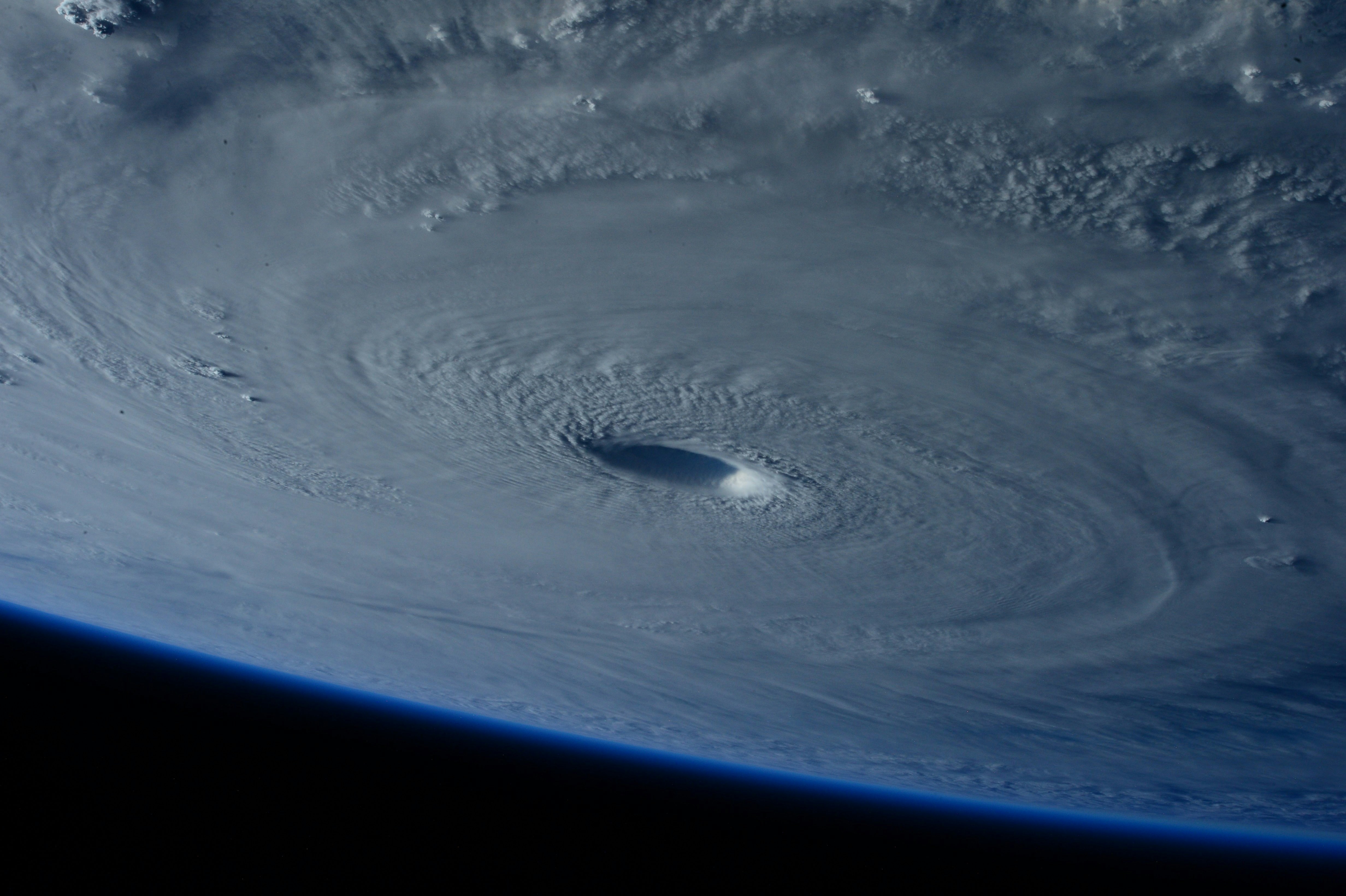The Importance of Mental Health Support During Hurricane Season
Living in hurricane-prone areas like Florida means enduring frequent, intense storms that can significantly impact both physical and mental health. While physical preparation is often emphasized, it’s equally crucial to consider mental health support during hurricane season. The anxiety and stress of preparing for and living through hurricanes can leave lasting effects on mental well-being. This guide explores various strategies and resources to help you maintain mental health resilience during these challenging times.
Understanding the Mental Health Impact
The arrival of hurricane season can trigger a range of emotional responses. Fear, anxiety, stress, and depression are common, particularly for individuals who have previously experienced hurricanes. According to CDC, the uncertainty and potential for loss associated with hurricanes can exacerbate these feelings. Recognizing these emotions is the first step in addressing them effectively.
Strategies for Mental Health Support
Prepare Ahead of Time
One way to mitigate stress is by being well-prepared. Having a comprehensive emergency plan can provide a sense of control and reduce anxiety. Ensure your plan includes:
- Essential supplies like food, water, and medications
- Evacuation routes and shelter information
- Contact lists of family, friends, and emergency services
Taking these steps can alleviate some of the pressure when a storm is imminent.
Stay Informed
Information is empowering. Keep yourself updated with accurate weather forecasts and warnings from reliable sources such as the National Weather Service. Avoid overexposure to sensational news coverage, which can increase stress and anxiety.
Practice Self-Care
Engage in activities that promote relaxation and well-being:
- Maintain a regular sleep schedule
- Practice mindfulness or meditation
- Engage in physical activities
- Maintain a balanced diet
Self-care is vital for mental resilience and helps to manage stress levels effectively.
Seek Professional Help
Sometimes, professional support is necessary. Reach out to mental health professionals if you’re struggling to cope. Telehealth services have made it easier to access support, even during emergencies. Many organizations offer mental health resources specifically for disaster situations. Don’t hesitate to seek help when needed.
Community and Social Support
Leverage Your Support Network
Social connections are a significant buffer against stress. Reach out to family, friends, and neighbors. Share your feelings and experiences, and don’t be afraid to ask for help. Strong social networks provide emotional support and practical assistance during crises.
Community Resources
Many communities have resources designed to help residents during hurricane season. Local non-profits and government agencies offer support services, from shelter to counseling. Volunteering or participating in community initiatives can also be a great way to stay connected and active, which can boost mental health.
Online Communities
Online forums and social media groups can provide additional support and information. These platforms allow you to share experiences, gain advice, and feel connected with others facing similar challenges. Just ensure you rely on reputable sources to avoid misinformation.
Long-Term Mental Health Strategies
Post-Hurricane Recovery
After a hurricane, the focus often shifts to physical recovery. However, it’s essential to address mental health during the recovery phase as well. The aftermath can bring prolonged stress and anxiety. Engage in activities that foster mental well-being and consider disaster distress helplines for ongoing support.
Building Resilience
Resilience is the ability to bounce back from adversity. Developing this trait can help you handle future storms more effectively. Some resilience-building strategies include:
- Developing a positive outlook
- Practicing gratitude
- Engaging in problem-solving activities
These techniques help cultivate a mindset that can withstand the challenges of hurricane season.
Conclusion
Mental health support during hurricane season is paramount. By preparing ahead of time, practicing self-care, seeking professional help, leveraging community resources, and building long-term resilience, you can better manage the emotional toll of these natural disasters. Remember, you’re not alone—resources and support systems are available to help you navigate through the storm.
For more information on how to stay prepared and maintain your well-being during hurricane season, visit our blog or contact us.

